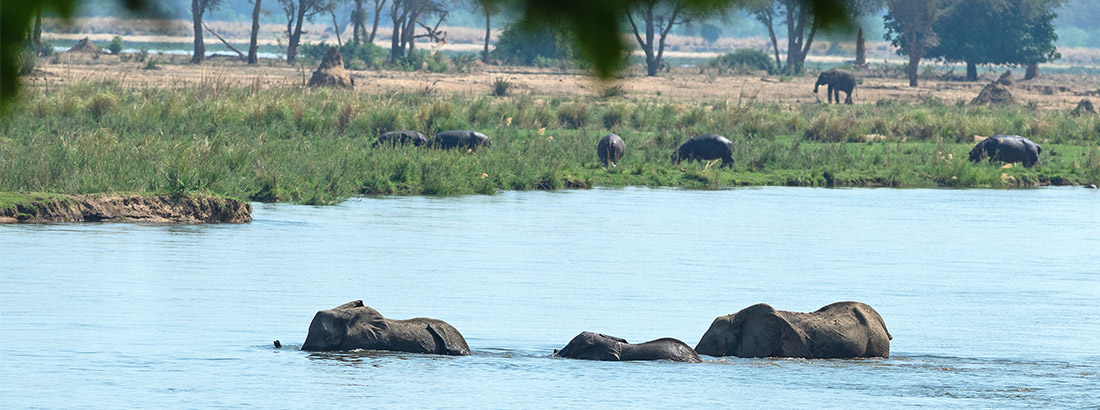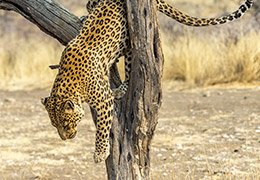

Jane Waterman
Jane Waterman recently hosted a webinar, "Take a Virtual Field Course: Beyond Africa’s Big Five". Watch the recording here. (42 min. + Q&A)
Jane Waterman is a professor in Biological Sciences at the University of Manitoba, where she specializes in behavioural ecology. She has degrees from the University of Guelph, the University of Alberta, and the University of Minnesota, and was a postdoctoral researcher at the University of Saskatchewan and York University. She has taught courses such as Biology of Mammals, Animal Behaviour, Ecology, Ornithology, and Conservation Biology, and offers field courses in the biology of African mammals in South Africa.
Her research has focused on the selective factors that influence the evolution of sociality and mating systems and the majority of her research focuses on sociality in ground-dwelling squirrels. Jane’s journey to Africa began 36 years ago when she started her doctoral studies in the Kalahari of Namibia. There, she investigated the intricacies of cooperative behaviour, mating dynamics, and the population ecology of African Ground Squirrels. Her lab has studied their behaviour, physiology and population dynamics in both Namibia and South Africa, and most recently focusing their research on how climate change impacts small mammals in southern Africa. She has also studied Barbary Ground Squirrels, another social species that inhabits northern Africa and the Canary Islands. In North America she has investigated Richardson's Ground Squirrels, evaluating parasite infections. For the past 30 years, Jane has also studied male grouping in the Polar Bear, a marine species in which amicable male groups form. Such all-male groups are rare among mammals and thus provide an excellent opportunity to gain insights into the evolution of sociality. Jane has pioneered the use of non-invasive techniques, particularly using digital images, to study Polar Bear behaviour.
Jane is also an avid birder and a trip to Zambia in November is very exciting to her, as birds will be in breeding colouration. The chance to see new species of both birds and mammals is something that Jane is particularly excited about. The biodiversity of Zambia spans species found in both southern and eastern Africa, offering opportunities to see a broad range of habitats and African species of birds and mammals.
Upcoming Tours



